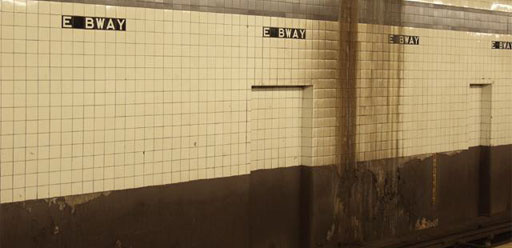In Carl Bialik’s The Numbers Guy Column [The Numbers Behind the Transit Strike [WSJ]](http://online.wsj.com/public/article/SB113510450446327616.html?mod=2_1125_1) he discusses the numbers thrown around relating to the economic damage to the city.
“Ms. Van Wagner, an economist, and her agency’s (office of comptroller) chief economist reported that a strike could cost the city $400 million in economic activity on Tuesday and $300 million on subsequent weekdays this week, as city residents miss work and shoppers can’t reach stores. The price tag for the weekend, should the strike last that long, is estimated at $100 million total for both days, because less business gets done on weekends, and the economists expect the Jewish and Christian holidays to slow business even more than usual.”
“New York’s Economic Development Corporation put its estimate for lost economic activity higher, at $440 million to $660 million per day.”
Mayor Bloomberg has been using $400M.
Other economists call these estimates very high. In 1980 during the last strike, the estimates ran at about $100M per day.
The media has reported $400M to $660M per day damages.
I know its costing businesses something. Many of my employees can not make it in to work or arrive late or have left early. Appointments and potential business meetings were canceled. Some have telecommuted.
Has this affected the real estate market? Not really. Brokers and their clients are winding down their activities about now anyway. The wild card here is how long the strike will last but I remain skeptical that even an 11-day strike like the city saw in 1980 would have a measurable affect on the real estate market.
However, on the bright side, it does give us something to complain about.


